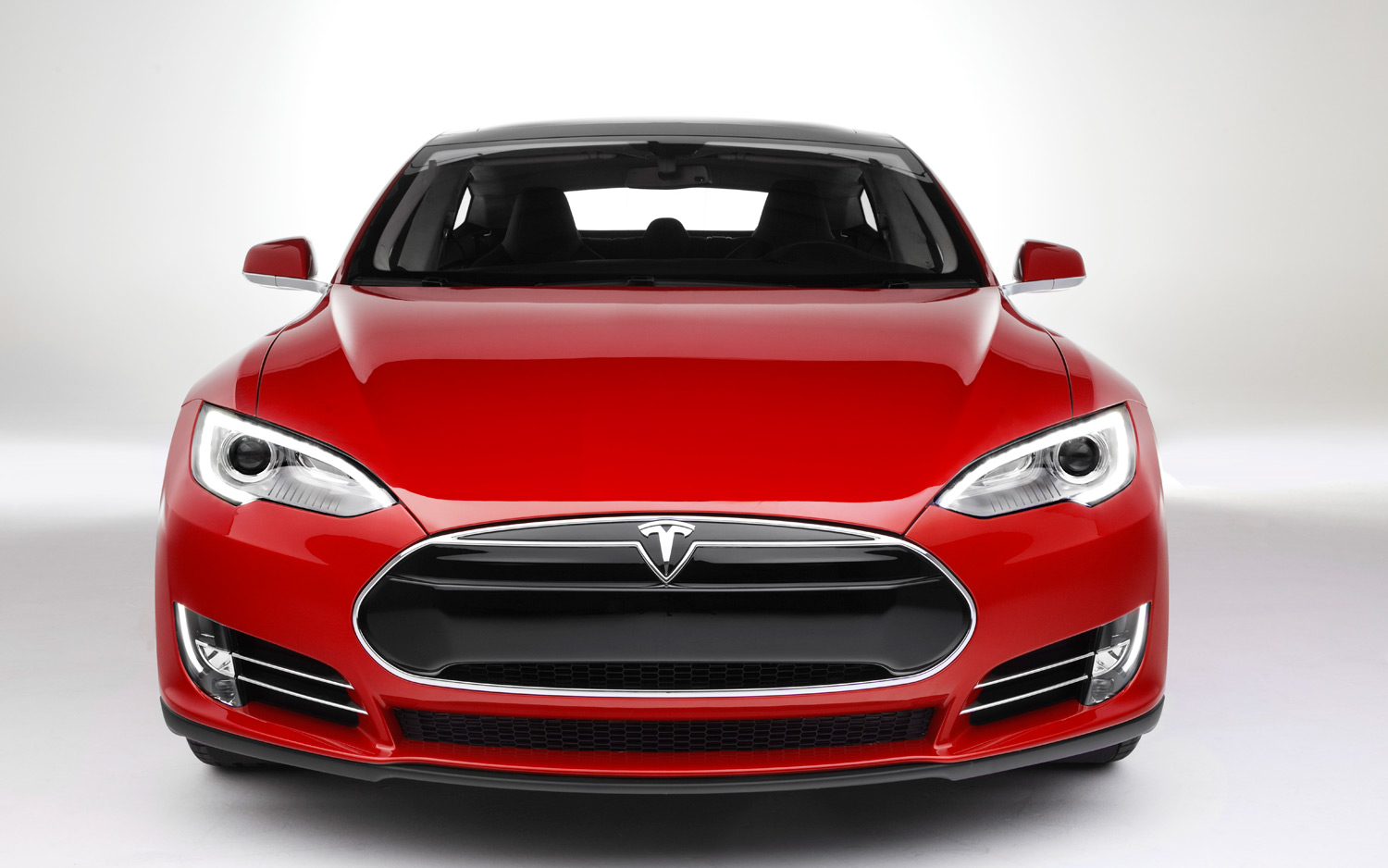Presidential debates do not determine actual policy, but they do set conversation agendas. After three debates this year, global climate change was not mentioned once. It's increasingly clear that the US political machine is incapable at this time to address the threats posed by climate change. Global climate change is not even on the conversation agenda.
Further, the US political elite have zero coherence on matters of an energy transition. Striking evidence of this fact is that typically celebrated capitalist entrepreneurialism, in the form of renewable, green energy technology companies, are openly ridiculed and lambasted by right-wing pundits and politicians. Yes, some of these companies received government loans and subsidies, and yes a few of them failed, but almost all US businesses benefit form direct and indirect subsidies (roads, highways, tax codes, etc).
Global climate change is a dead policy issue in Washington, but the end around energy transition from fossil fuels to renewables is also so politicized that no policy coherence seems possible. The nascent US wind turbine industry is poised to collapse if congress doesn't renew subsidies for the industry. Contrary to the ahistorical accounts from pundits and politicians, all energy transitions involved policy guided capitalism (see English industrial revolution, or US automobile, oil boom).
Sadly, novelist Kim Stanley Robinson is probably right, in 200 years our period will be known as the Great Dithering.



